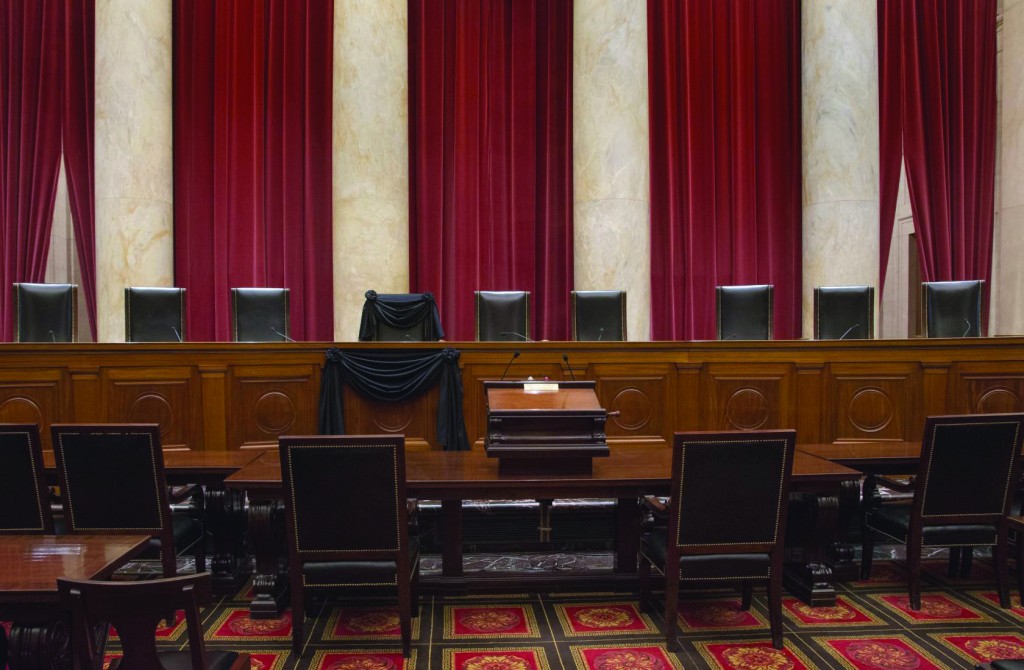
After his sudden death of February 13 in Texas, Justice Scalia’s Bench Chair is draped in black at the Supreme Court (Franz Jantzen, Collection of the Supreme Court of the United States)
With the sudden death of U.S. Supreme Court Justice Antonin Scalia, a practicing Catholic and a long-time “conservative” member of a Court which has enjoyed a certain, though tenuous, ideological balance in recent years, cases of particular concern to Christians have been thrown into greater uncertainty than ever
High Court Rulings to Come
Critical cases are fraught with greater uncertainty now that Scalia’s voice for life and the rule of law has been silenced
By Jay Sekulow
The U.S. Supreme Court will in coming months decide a number of critically important cases impacting the freedom of conscience, the sanctity of life, Church rights, and executive power.
With such high-stakes issues before the now eight-member Court, Justice Antonin Scalia’s passing could dramatically affect the outcome.
The American people must have a say in filling the monumental vacancy he left behind. And while the president has nominated a replacement, the U.S. Senate has decided — within its coequal constitutional authority — to let the American people decide by waiting until after the presidential election.
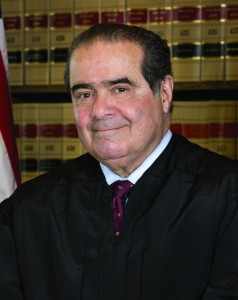
Associate Justice Antonin Scalia
Cases now before the Court illustrate just how important selecting Justice Scalia’s replacement will be. Many of these cases could be decided by a four-to-four vote — meaning that the decision of the appellate courts below would be affirmed and carry little precedential value.
One case in particular could severely impact the Catholic Church.
In Zubik v. Burwell, which includes an appeal brought by the Little Sisters of the Poor, the Court will decide whether the federal government can force religious charities to comply with an abortion-pill mandate, face crippling fines, or in the alternative, require them to sign documentation authorizing the provision of abortion-inducing drugs — over and against their religious convictions.
The lower courts ruled against the freedom of conscience of these pro-life ministries, Catholic charities, and religious schools, holding that the Health and Human Services (HHS) Mandate does not “substantially burden” the charities’ religious beliefs.
In oral arguments before the high Court on March 23, it appeared that this case could come down to a four-to-four decision — meaning the case would either be held over to next year or would result in leaving the lower court decision in place — a loss for the Sisters.
The bottom line: a four-to-four decision could mean the Sisters will be forced to violate their faith or face crippling fines.
As we wrote in the amicus brief the American Center for Law and Justice (ACLJ) filed in the case: “Thousands of nonprofits abide by the Catholic Church’s well-established teaching that prohibits encouraging, supporting, or partnering with others in the provision of sterilization, contraception, and abortion… Other Christian organizations have similar moral and religious beliefs.”
The ACLJ repeated the warning call sounded by the Sisters: “Collectively, unless these ministries give up their religious exercise, they could face fines exceeding… $400 million over the course of [one year].” Unable to bear the weight of the fines, the charities will be forced to either give up their religious exercise or to close. The communities they serve will suffer as a result.
Without a doubt, Zubik will determine whether the “very broad protections for religious liberty” recently outlined in the Burwell v. Hobby Lobby case mean anything at all. And in such a case as this, the late Justice Scalia’s presence will be sorely missed. A decision is expected by the end of the Court’s term this summer.
In another abortion case, Whole Woman’s Health v. Hellerstedt, the Court will determine whether Texas may require abortionists to have admitting privileges at a nearby hospital and abortion facilities to meet basic safety standards. The abortion industry contends that these basic safety measures will impermissibly decrease abortions because abortionists cannot (or will not) comply with the safety rules. Abortion, it contends, must occur, no matter the cost to women.
We pointed out this absurd argument in our amicus brief filed in this case, bringing to the high Court’s attention the numerous examples of women injured in botched abortions. Our brief was cited during oral argument.
The Court is deeply divided on this issue, and the decision is likely to be very close. But in this case, a four-to-four vote would allow this pro-life law to stand.
In Trinity Lutheran Church of Columbia v. Pauley, the Court will decide whether a Church may be excluded from neutral state aid programs because it is a Church. A Church attempted to participate in a program that provides materials to make playgrounds safer, and was denied — solely because it is a Church. The high Court will now decide whether such blatantly anti-Church discrimination violates the First Amendment. We filed a brief insisting that it does.
And in United States v. Texas, the Court will decide whether the president can unilaterally “change the law” on immigration. Certainly our immigration system is broken, and we as a nation have a moral obligation to fix it — but as we argue in our amicus brief, allowing a president to violate the Constitution is the wrong answer.
These crucial cases show just how devastating is the loss of Justice Scalia, an ardent voice for life and the rule of law.
The American people deserve a voice in choosing his replacement. In the meantime, we must pray for our Supreme Court, and stand firm for justice.
Jay Sekulow is Chief Counsel of the American Center for Law and Justice (ACLJ) which focuses on constitutional law, religious liberty and pro-life issues.
Scalia’s “Conservative” Legacy Is Not Enough
Jurists must recognize “the indispensable importance of the Gospel in building a society of liberty and justice”
By Christopher Ferrara
The sudden passing of one whom all agree was a titan on the American judicial scene leaves the “conservative” and liberal wings of the U.S. Supreme Court equipoised atop the apex of judicial power its very name denotes — that is, if we (much too generously) view Justice Anthony Kennedy as any sort of “conservative.”
I place the word conservative in skeptical quotation marks because I quite agree with Hadley Arkes, writing in his aptly entitled Beyond the Constitution, that “the cause of conservatism in politics has been attached to ‘positivism’ in the law, and that kind of marriage will be the undoing of political conservatism. For it will insure that… on matters of moral consequence conservative jurisprudence will have nothing to say.” This is so because while judicial liberals “invoke the language or right and wrong… react to ‘injustice’ with moral outrage” and are “very much in the business of ‘legislating morality,’” the conservatives, “in place of moral truths that hold their truth in all places,” appeal only to “that which has been accepted, or rejected, by a majority.”
Justice Scalia labored powerfully and brilliantly for what was, in the end, an unavailing, thinly veiled positivist approach to unavoidable matters of moral consequence arising under the rubric of “liberty” as enunciated in the Fifth and Fourteenth Amendments.
The combination of “originalism” (what the Framers posited) combined with deference to legislative majorities (what “the people” posited) does indeed leave the Court’s conservatives with “nothing to say” on the many moral questions before them. They can only duck the moral questions with a mantra of dissent like that penned by Justice Scalia in Romer v. Evans: “Since the Constitution of the United States says nothing about this subject, it is left to be resolved by normal democratic means….”
Later, in Lawrence v. Texas, the liberal majority, joined by none other than Kennedy, struck down the Texas anti-sodomy statute, citing “the right to liberty under the Due Process Clause [of the Fourteenth Amendment].” In Lawrence, the Court reversed its own decision upholding the same statute a mere 17 years earlier in Bowers v. Hardwick.
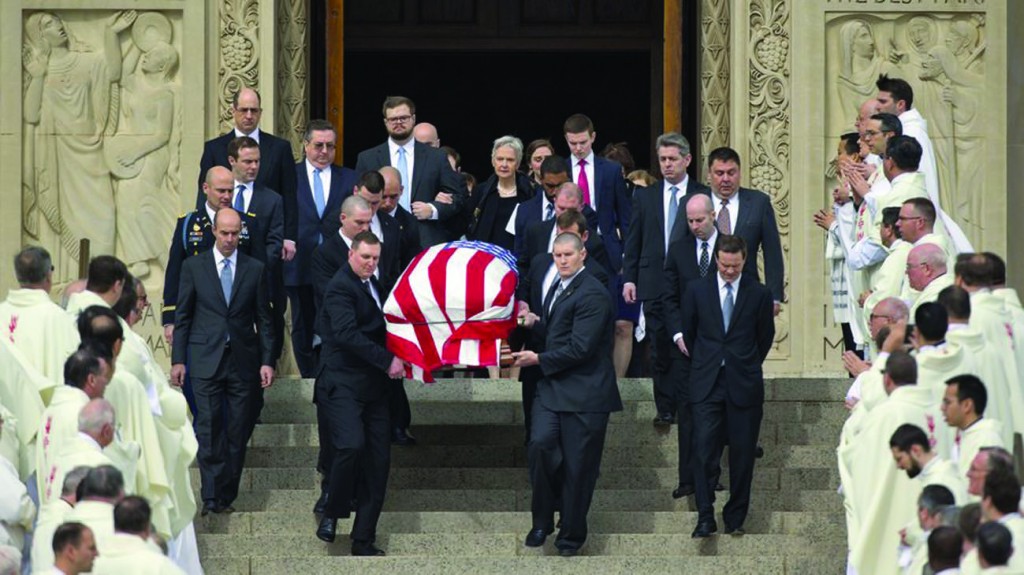
The casket containing the body of the late Supreme Court Associate Justice Antonin Scalia leaves the Basilica of the National Shrine of the Immaculate Conception in Washington on February 20
What Justice Scalia wrote in dissent is symptomatic of the conservatives’ self-imposed moral incapacity: “Let me be clear that I have nothing against homosexuals, or any other group, promoting their agenda through normal democratic means. Social perceptions of sexual and other morality change over time, and every group has the right to persuade its fellow citizens that its view of such matters is the best…”
In the contraception cases, then the abortion cases, and finally the “gay marriage” cases, the Court’s liberal majority has relentlessly imposed a varying application of what Patrick Brennan of Villanova Law School has aptly termed Great Big Liberty. The essence of Great Big Liberty is found in Justice Kennedy’s moralistic dictum in Planned Parenthood v. Casey: “At the heart of liberty is the right to define one’s own concept of existence, of meaning, of the universe, and of the mystery of human life. Beliefs about these matters could not define the attributes of personhood were they formed under compulsion of the State.”
It is readily apparent, however, that Great Big Liberty is itself a moral principle “formed under compulsion of the State,” including the dictates of the Supreme Court, but certainly not only there.
Judicially and legislatively, at the state and federal level, Great Big Liberty is both a shield that blocks the influence of the objective moral order on laws and institutions, and a sword that strikes down all opposition to the prerogatives of secular government. The Church having been neutralized as a buffer against state power in the post-Christian Lockean polities of the West, the individual citizen is reduced to voting in elections that determine nothing more than how far and how fast Great Big Liberty will advance.
As Francis Fukuyama observes: “The liberal state growing out of the tradition of Hobbes and Locke engages in a protracted struggle with its own people.” The history of our nation has shown it to be a losing struggle, and it will continue to be so unless and until what passes for conservatism in America, both legislative and judicial, finds its own moral vision to oppose that of the liberals with whom they now contend in vain. Oddly enough, that vision has been enunciated, however tentatively, from the bench of the Supreme Court itself, not by any of its reliable conservatives, but by then-Chief Justice Burger in his concurring opinion in Bowers: “condemnation of [sodomy] is firmly rooted in Judeo-Christian moral and ethical standards… To hold that the act of homosexual sodomy is somehow protected as a fundamental right would be to cast aside millennia of moral teaching.”
In Caritas in Veritate, Pope Benedict XVI lamented the results of a rights-positivism unbound by the objective moral order: “Individual rights, when detached from a framework of duties which grants them their full meaning, can run wild, leading to an escalation of demands which is effectively unlimited and indiscriminate.” Thus, to save itself, Western civilization must recognize again “the indispensable importance of the Gospel for building a society according to freedom and justice.” The Christian jurist or legislator who still does not see this is fiddling while the West burns.
Christopher A. Ferrara is an attorney and President and Chief Counsel of the American Catholic Lawyers Association, Inc., specializing in First Amendment and civil rights law. He is the author of hundreds of articles and six books, including Liberty, the God that Failed, praised as “an intellectual landmark in Catholic ecclesiastical history” (Graham Ward, University of Oxford).

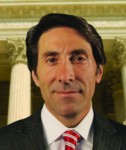



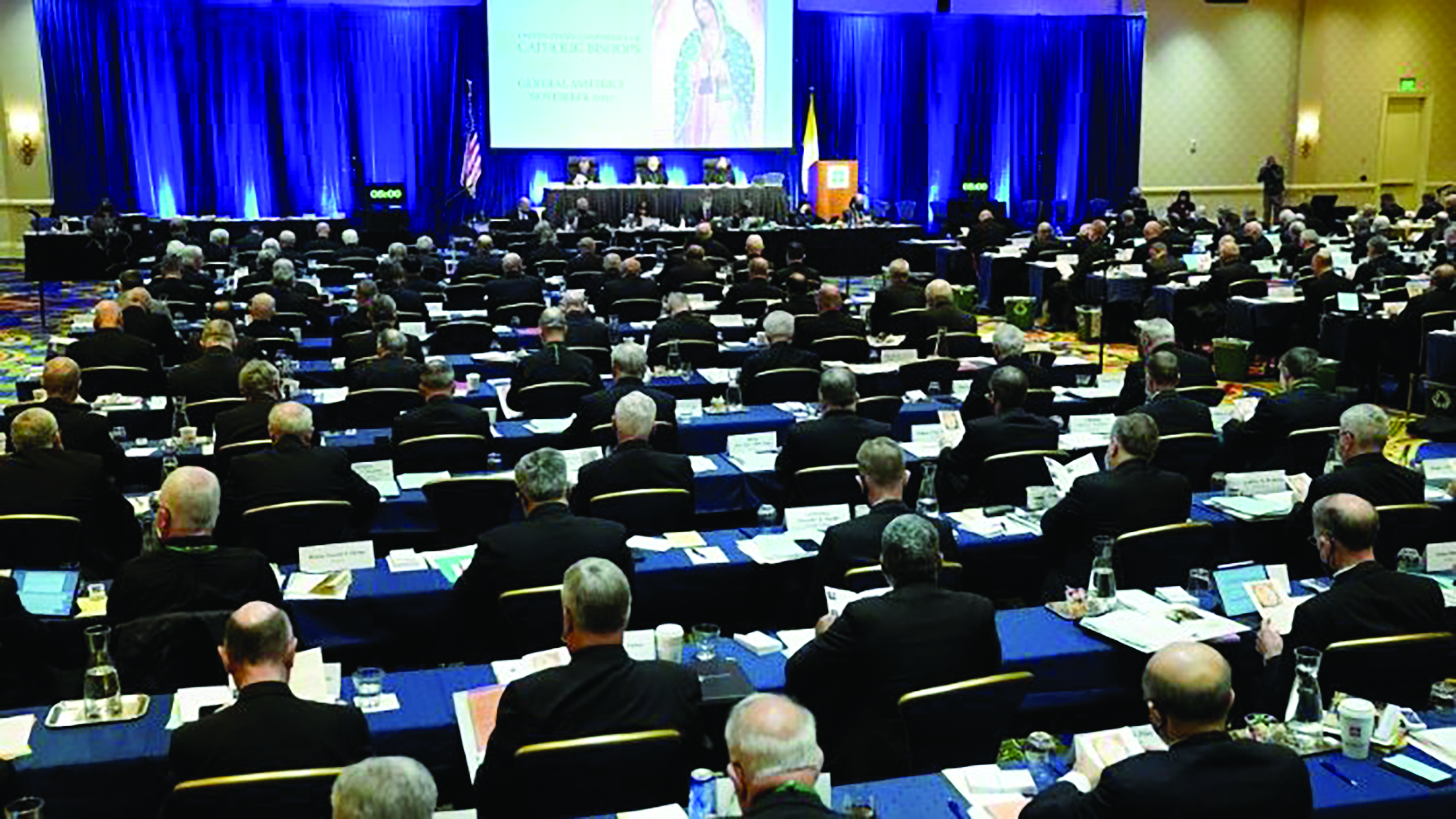
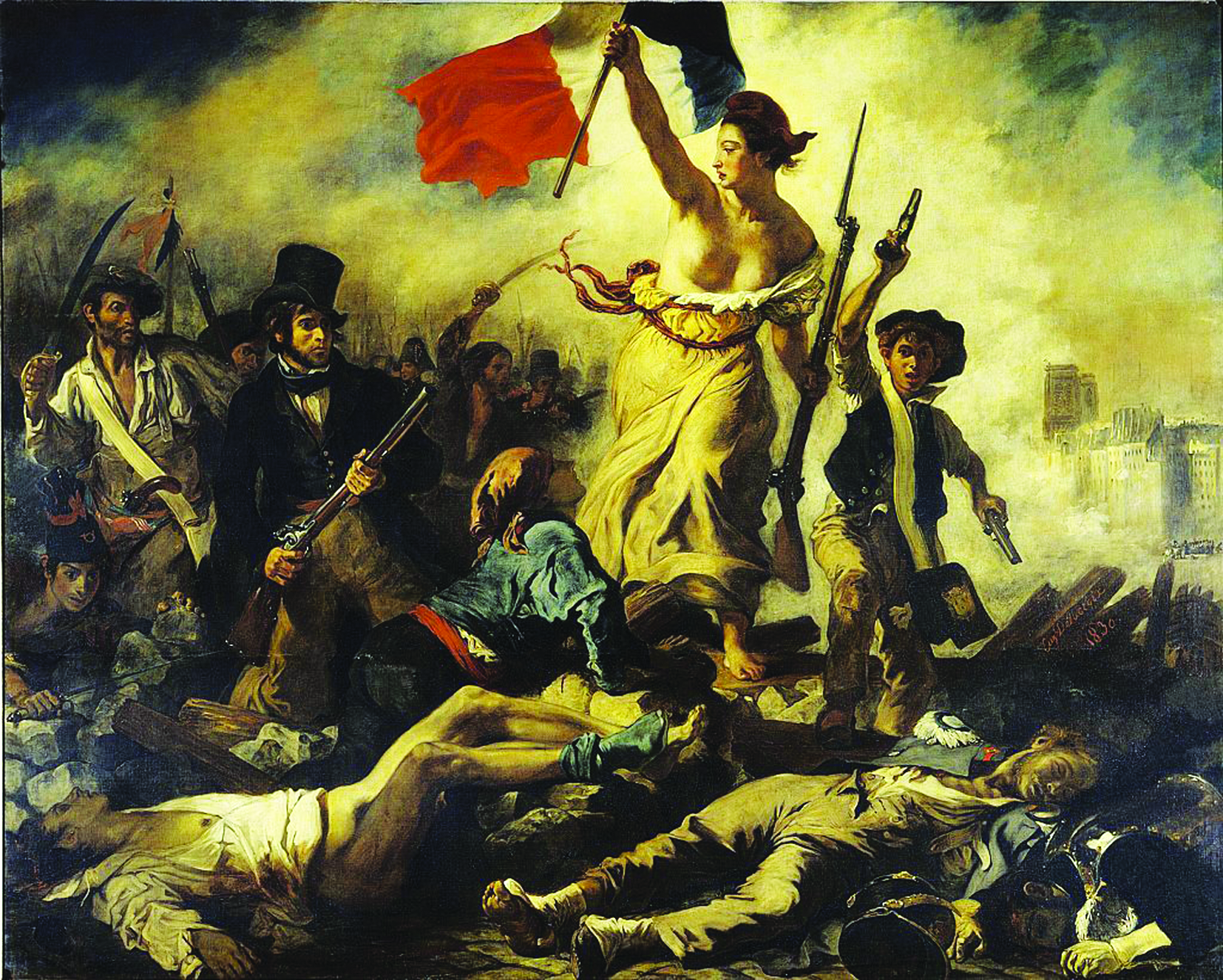

Facebook Comments